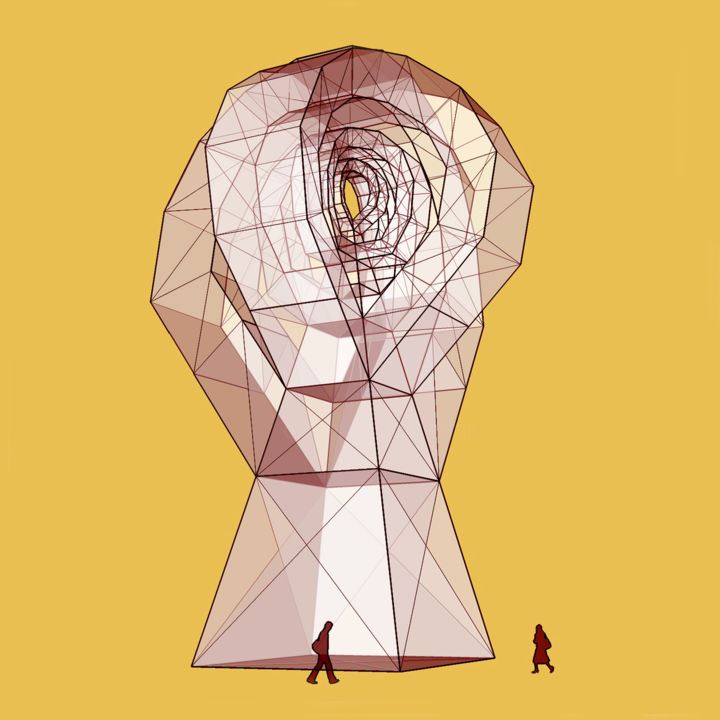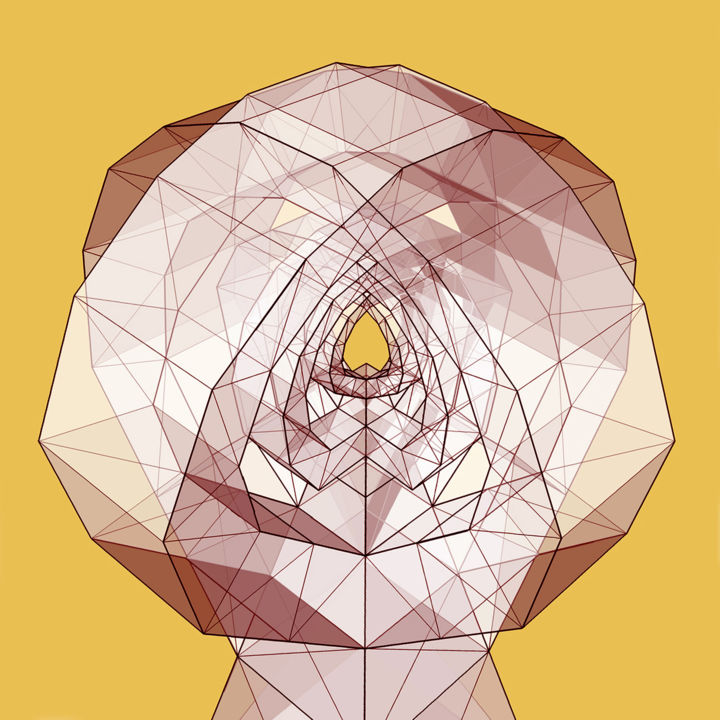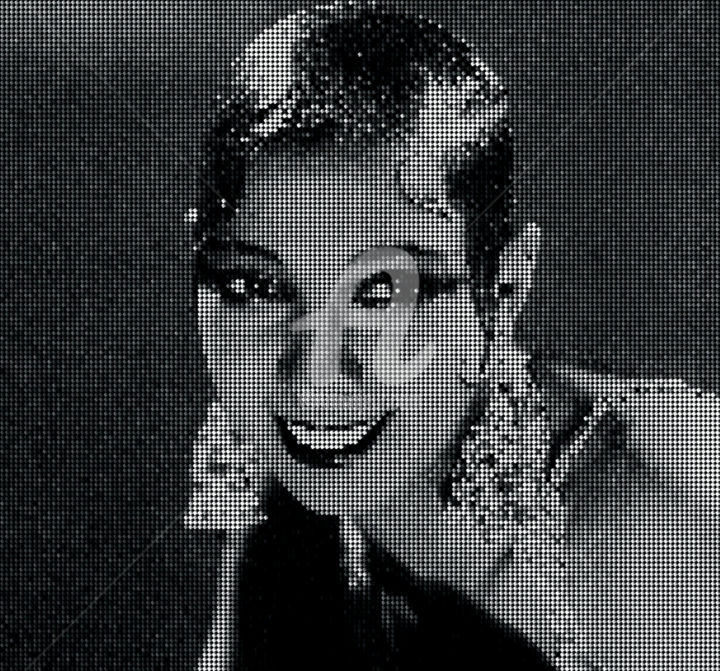10 原始限量版和数字艺术作品出售:
你在找出售原创数字艺术作品吗?
探索所有风格和所有数字艺术技术:当代艺术、街头艺术、抽象艺术、具象艺术...... ArtMajeur 迎合所有艺术敏感性,20 年来一直在您身边庆祝美,有超过 360 万件当代艺术作品供您探索。 .. 或获取!发现来自世界各地的当代艺术家的作品,用一流的方式装饰您的室内!单纯的艺术爱好者还是公认的收藏家?找到最喜欢的画布或绘画,真正增强您的装饰效果。 ArtMajeur 为您提供世界上最优秀的当代艺术家的原创作品、限量版和艺术版画。在 ArtMajeur 上,数字艺术作品由艺术市场的爱好者和专家挑选。我们为您精选时尚、获奖、知名艺术家的原创作品,以及当代艺术领域新崛起的价值,为您在线购买数字艺术提供指导和帮助。
Discover contemporary Architecture Digital Arts on ArtMajeur
Contemporary Architecture Digital Arts is a fascinating field that combines the principles of architecture, design, and technology to create original artworks.

©2017 Николай Седнин (Nicolas Sedninne)
Origins and History
Contemporary Architecture Digital Arts is a relatively new field that emerged in the late 20th century. It is characterized by the use of digital technology in the creation and design of architectural structures. This art form has its roots in the postmodern movement of the 1970s, which rejected the principles of modernism and embraced a more eclectic approach to design.

©2017 Николай Седнин (Nicolas Sedninne)
Evolutions of theses works in the contemporary art market
Contemporary architecture digital arts have undergone significant evolution in recent years, with an increasing focus on exploring the boundaries between the physical and digital worlds. These works incorporate elements of technology, such as virtual reality, 3D printing, and interactive installations, to create immersive experiences that challenge traditional notions of space and design. As a result, contemporary architecture digital arts have become increasingly important in the contemporary art market, with collectors and institutions alike recognizing their innovative and experimental nature. Questions surrounding the use of technology in art, the relationship between the virtual and physical worlds, and the role of the audience in shaping the artwork are all central to this evolving field.

©2017 Tito Villa
Related Famous Artists
Contemporary artists who are famous for their work on contemporary architecture and digital arts include Jenny Sabin, Olafur Eliasson, and Rafael Lozano-Hemmer.
Jenny Sabin, a professor of architecture at Cornell University, creates intricate installations that combine architecture, science, and technology. Her work focuses on the intersection of art, design, and biology, exploring new ways to create dynamic structures that respond to their environment. Sabin’s work is known for its intricate weaving, layering, and interlocking of materials, creating complex and mesmerizing patterns.
Olafur Eliasson is an Icelandic-Danish artist whose work explores the relationship between humans and their environment. His installations often incorporate elements of light, water, and natural materials, creating immersive experiences that challenge our perceptions of space and time. Eliasson’s work often addresses social and political issues, such as climate change and sustainability, and encourages viewers to engage with the world around them.
Rafael Lozano-Hemmer is a Mexican-Canadian artist whose work combines technology, architecture, and performance. His installations often use interactive technology, such as sensors and projections, to create immersive experiences that respond to the movements and actions of viewers. Lozano-Hemmer’s work explores the relationship between individuals and their surroundings, creating dynamic and engaging experiences that challenge our perceptions of space and time.
Overall, these artists are known for their innovative and thought-provoking work that blurs the boundaries between art, architecture, and technology. Through their installations, they create immersive experiences that encourage viewers to engage with their environment in new and exciting ways.

©2017 Tito Villa
Notable contemporary Architecture Digital Arts
Contemporary architecture digital arts have transformed the way we perceive the world. Here are some of the most well-known works of art in this genre.
One of the most famous contemporary architecture digital arts is "The Cloud" by Sou Fujimoto. This artwork was created in 2013 and is an ethereal sculpture that looks like a cloud made of steel beams. The structure is designed to be interactive and invites visitors to climb around inside it, blurring the lines between sculpture and architecture.
Another notable piece is "Digital Grotesque" by Michael Hansmeyer and Benjamin Dillenburger, created in 2013. This is a 3D-printed room that is completely covered in intricate, organic patterns. The patterns are so complex that they would be impossible to create by hand, and the result is a stunning, otherworldly space that challenges our understanding of what is possible with digital technology.
"Unnumbered Sparks" by Janet Echelman is a massive, interactive sculpture that was first installed in Vancouver in 2014. The piece consists of a series of colorful, billowing nets that are suspended above the city. These nets are controlled by the wind and respond to the movements of people passing underneath, creating a dynamic, ever-changing work of art that is both beautiful and engaging.
Finally, "The Kinetic Facade" by Marc Fornes is a stunning example of how digital technology can be used to create dynamic, responsive structures. This installation was created in 2016 and consists of a series of interlocking panels that move and shift in response to changes in the environment. The result is a mesmerizing, ever-changing facade that captures the imagination and inspires wonder.










